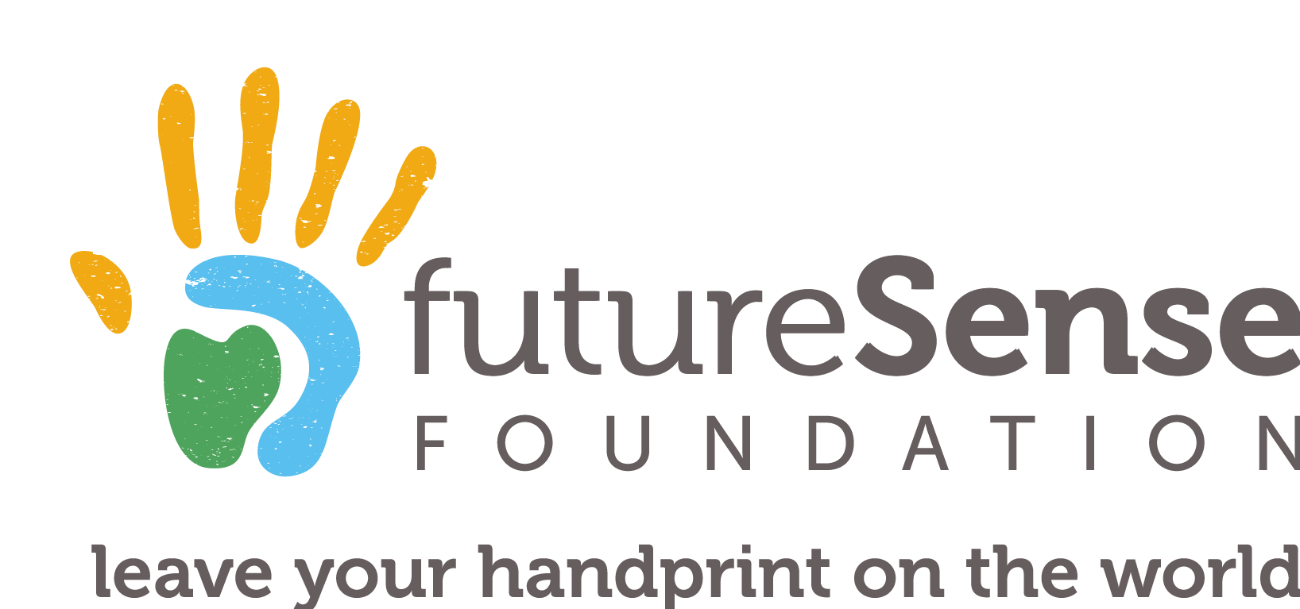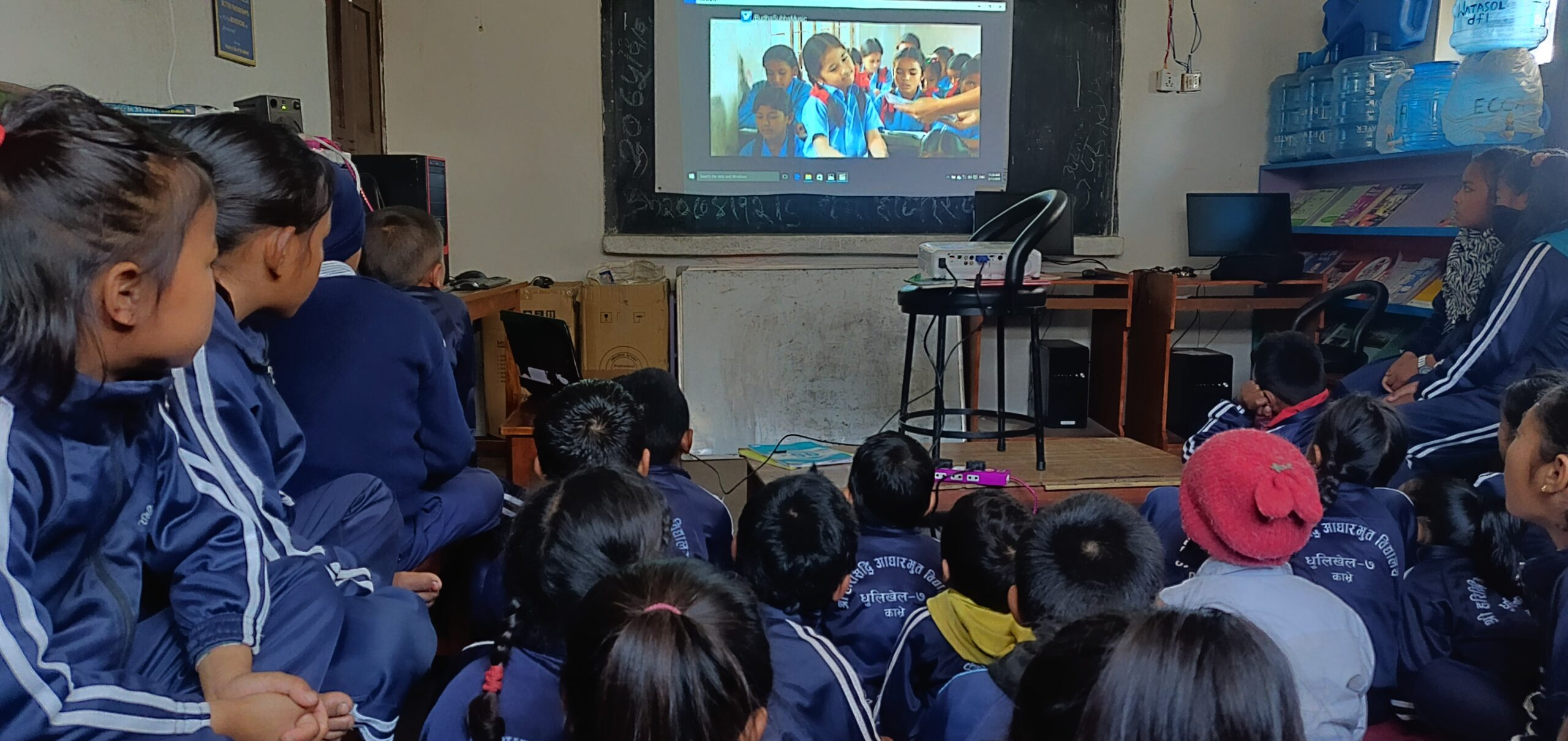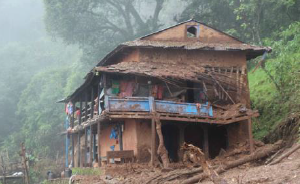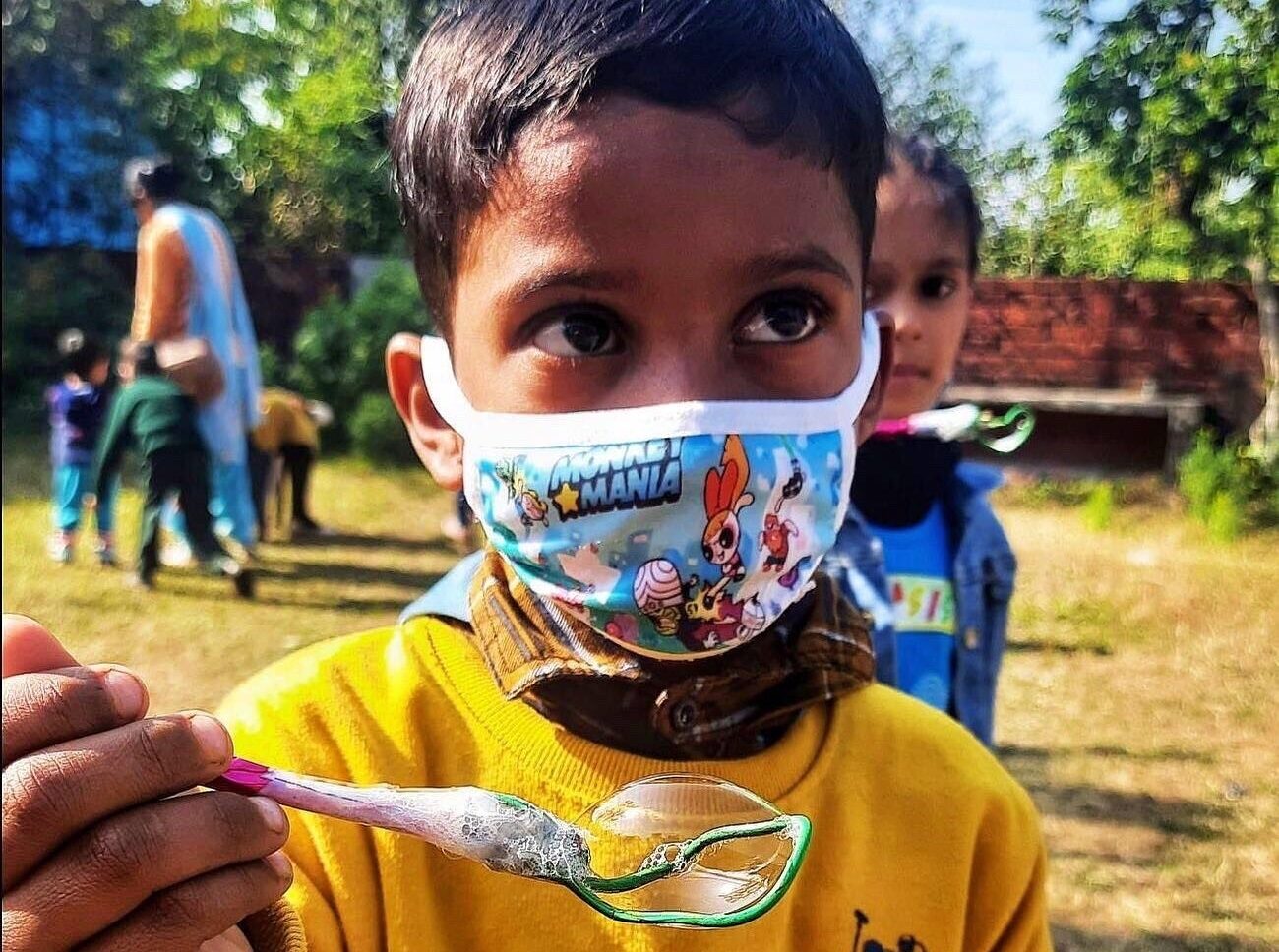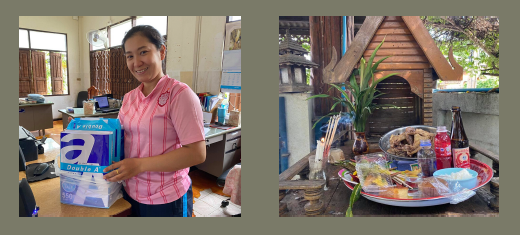Written by Sarah Morgan, Global Operations Manager
Sustainability is something that is strived for in the not-for-profit world. It is how we make sure that our beneficiaries, or those receiving our benefits, do not become dependent on our programs or resources. It ultimately is building structures in place so that a community can sustain themselves, in one fashion or another. Sustainability is also at the core of our strategic planning and guides our approach to our long-term development programs we deliver across our hubs. As an organization that is rooted in education, our biggest resource we share to our beneficiaries is information and knowledge. Knowledge that will inspire continue learning, knowledge that will lead to a skill or a new job opportunity, and knowledge to understand their bodies and make informed decisions about their own health.
As a foundation, we align ourselves with the UN Sustainable Development Goals to deliver our programs within this development framework, alongside a tiered approach:
- Providing immediate support to address needs through workshops
- Building capacity of our local partners
- Raising awareness to drive long term behavioral change
Our model has largely been to utilize volunteers to increase our capacity to reach more people and have an even greater impact, while applying their knowledge, skills, and passion to our projects.
As a development organisation focused on achieving the SDGs in the communities we work in, we must look at the whole idea of sustainable development. Sustainable development looks at economic, environmental, and social needs so that generations now AND in the future are prosperous. Sustainable development consists of a long-term, integrated approach to developing and achieving a healthy community by jointly addressing economic, environmental, and social issues. With FSF, we look at the holistic approach to our programs with key focus areas in Education, Health, and Livelihoods, we strive to be sustainable in everything we do.
A major factor in the SDGs is that they are all interrelated, meaning working toward one goal will surely make advancements toward others. In this way, we work toward several goals, both directly and indirectly. We focus largely on the first 6 (No Poverty, Zero Hunger, Good Health and Well-being, Quality Education, Gender Equality, and Water and Sanitation) and also tie in cross-cutting themes of 10 (Reduced Inequalities), 13 (Climate Action) and 17 (Partnership for the Goals). The six we work on most directly are addressed within our core program focus areas of education, health, and livelihoods. Of the six, we most largely focus on No Poverty and Zero Hunger, Quality Education and Good Health and Well-being, while weaving in themes of gender, water sanitation, climate action, and other activities to promote and enhance livelihood and overall inequalities.
The SDGs have been adopted by over 170 countries around the world. In 2015 when the goals were set and agreed upon by UN Member states, a set of sub-goals and priorities were set within each goal. All the participating countries and governments then established their own Roadmaps to 2030 with how they were going to achieve the goals and sub-goals in their countries. These roadmaps, along with key local community members and partners across our hubs, have been instrumental in allowing us to identify further areas of impact needed and possible in the communities we work in. As a charity, we assess what national priorities are, and how we can come aside local authorities to achieve key outcomes in various focus areas.
The SDG's in action
Waste management system – our volunteers worked with a group of young students who formed an “Eco Club” at one of our partners schools in Nepal. Together with these students, they developed, built and implemented a waste management/segregation system was developed, built, and implemented at the school. With this new system, students at the school are able to identify the types of rubbish, while sorting it appropriately and ensuring the 4R’s (reduction, reuse, recycling and recovery)! Plastic waste, burning of rubbish, and improper removal of waste around the country leads to environmental and health-based issues for the communities we work in. These activities link to Goal 13 Climate Action.
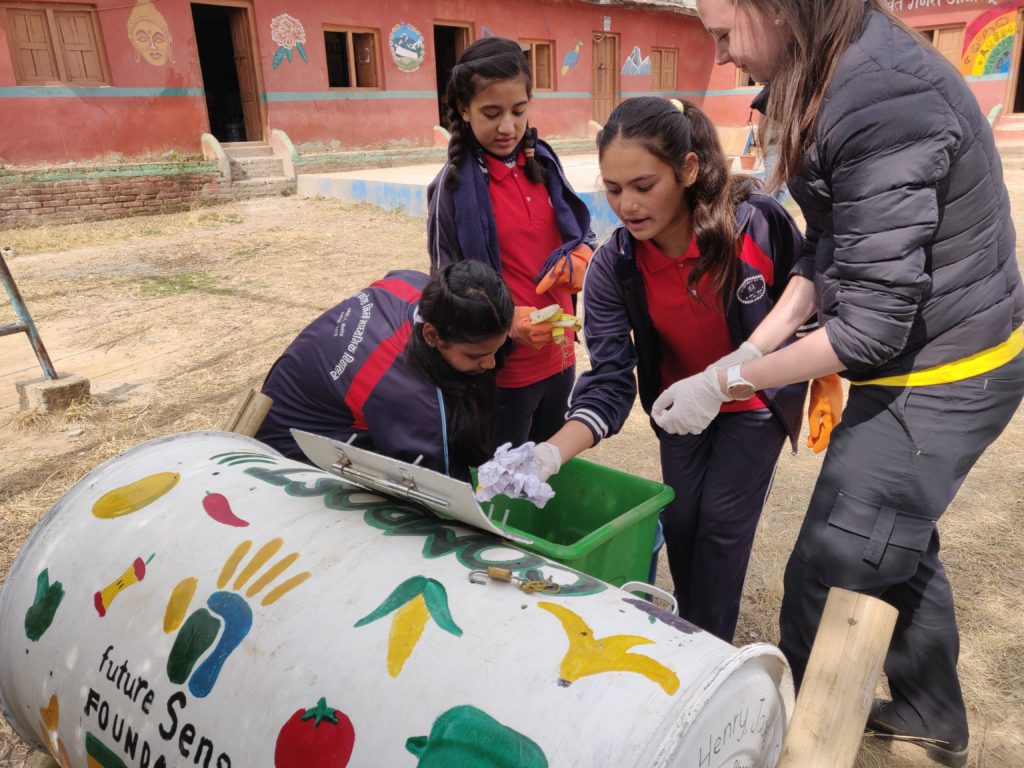
Teacher training – in Cambodia we run sustainability quality education initiatives. We work directly with the teachers at our partner schools to support their Conversational English skills; pronunciation and understanding of the language to better teach their students. This also includes providing support and guidance with lesson planning as well as material and resource creation, linking to Goal 4. Quality Education.
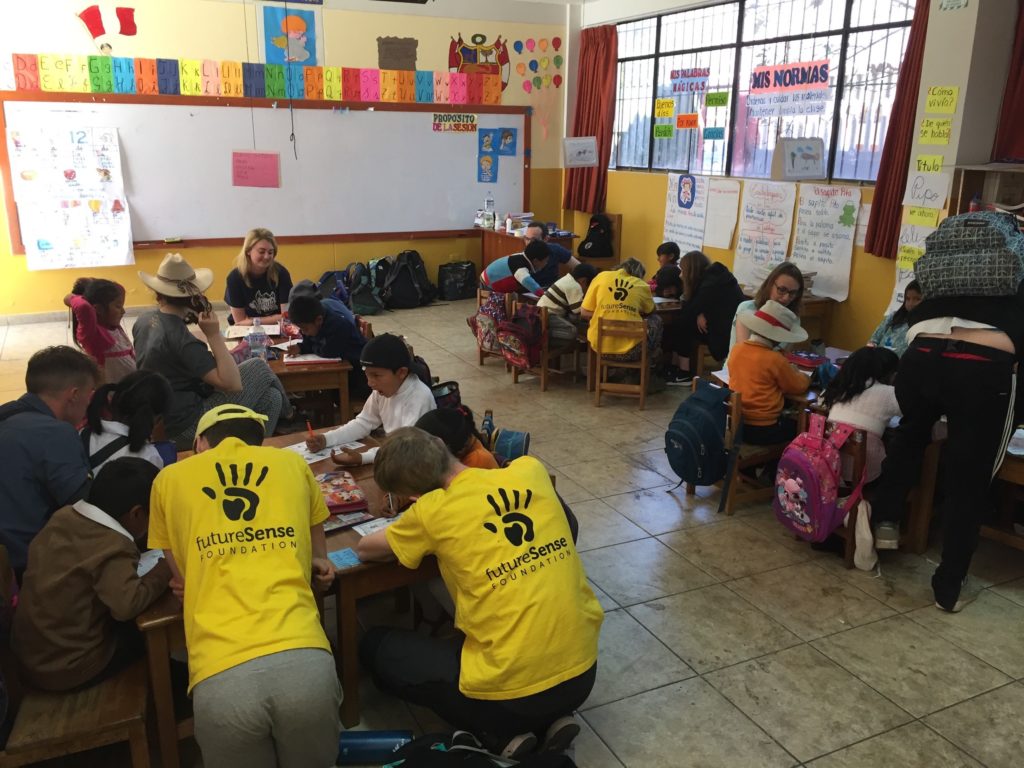
Computer classes – in several of our hubs we have been able to run computer classes amongst a variety of age groups. Supported by our volunteers and in-country teams, young students have been able to learn about computer programs, develop their own CV’s and build their IT skills. This assists in overall skill development as well as livelihood support within the community, opening up new job opportunities because of these skills. This program linked to Goal 1. No Poverty, Goal 4. Quality Education and Goal 10. Reduced Inequalities.
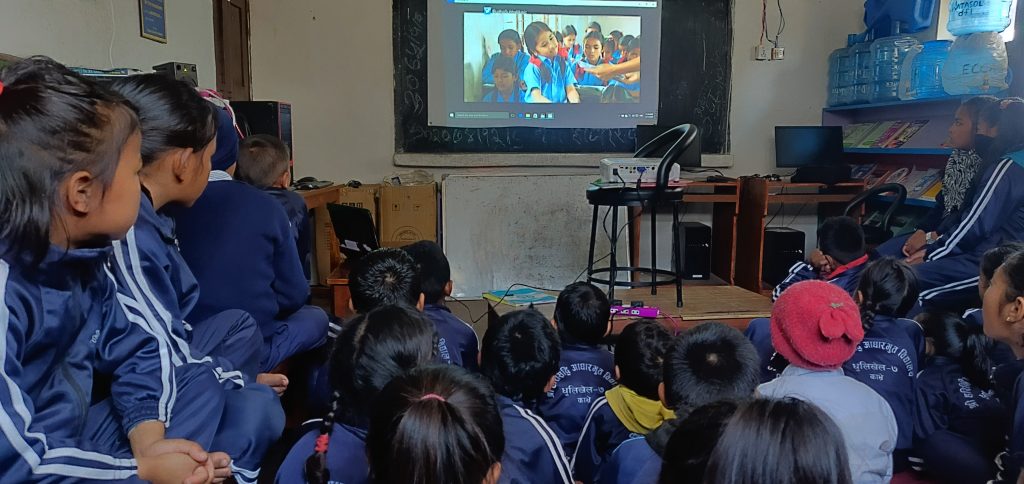
With COVID-19 impacts across all hubs we are looking to the future and working with our local partners, whether that is local government, private, or NGO schools as well as health centres, hospitals, and others to determine what program delivery can and will look like moving forward. We continue to push forward with planning and program development that will take “the new normal” into consideration as the globe starts to settle into what happens post-pandemic. This means we are reaching out to partners to see what their worries and concerns are – what is happening on an economic level across our hubs and the communities we work in. What long-term outcomes can we start addressing both now, and in the future to make sure some of the most poverty affected communities are being considered.
If you’d like to learn more about our work alongside the UN SDG’s as well as how we can work towards the goals from home, check out this webinar by our volunteer partner, Challenges Abroad.
